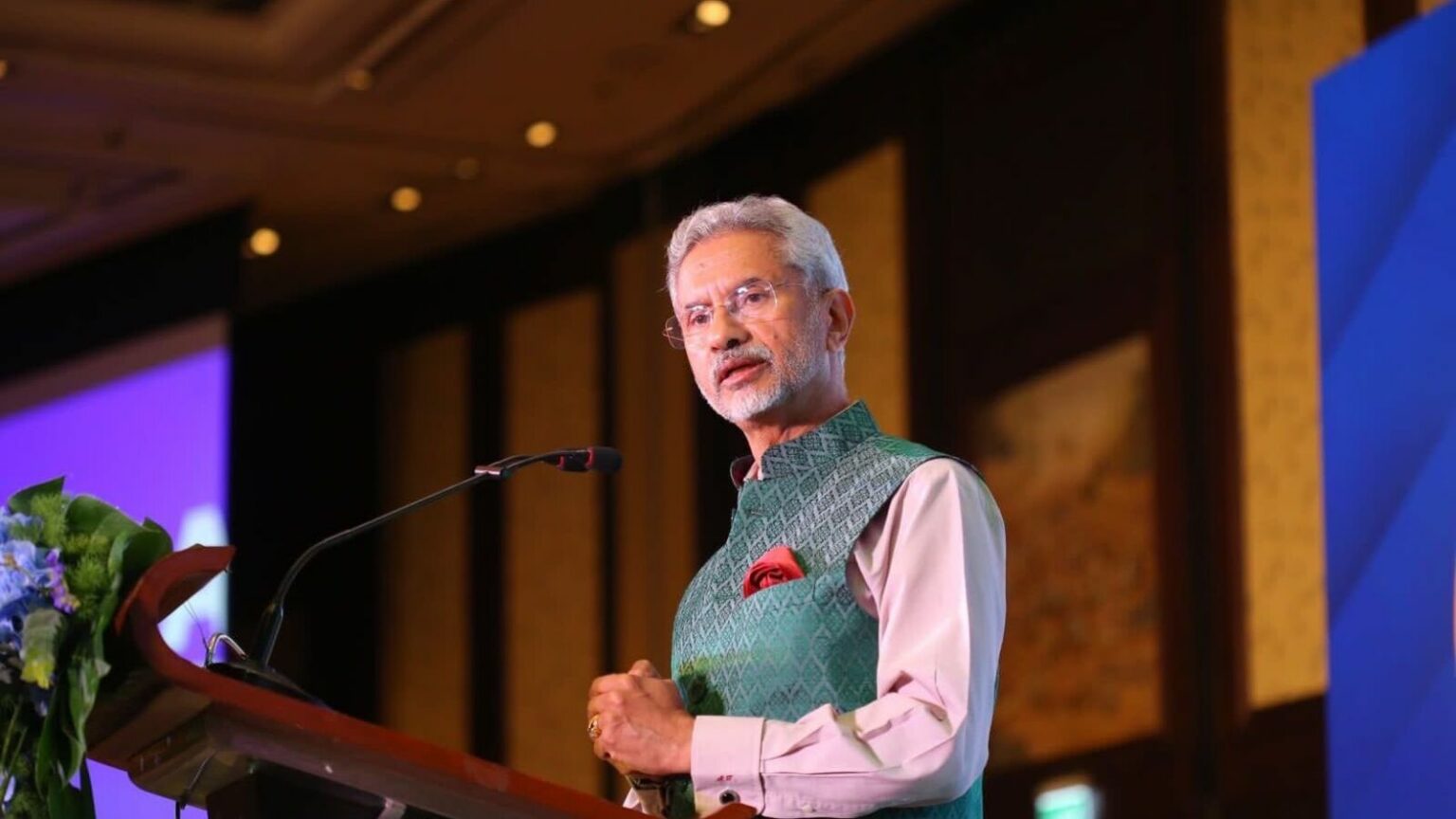On Sunday, External Affairs Minister S. Jaishankar met with his Myanmar counterpart, Than Swe, to discuss connectivity initiatives, with a particular focus on the India-Myanmar-Thailand trilateral highway. The discussions emphasized the significance of ensuring peace and stability in the border areas. The meeting took place in Bangkok during the Mekong Ganga Cooperation (MGC) Mechanism meeting. This article will delve into the key highlights of the meeting and shed light on the importance of the trilateral highway project.
Connectivity Initiatives for Regional Significance
The discussions between Jaishankar and Than Swe revolved around connectivity initiatives that hold immense regional significance.
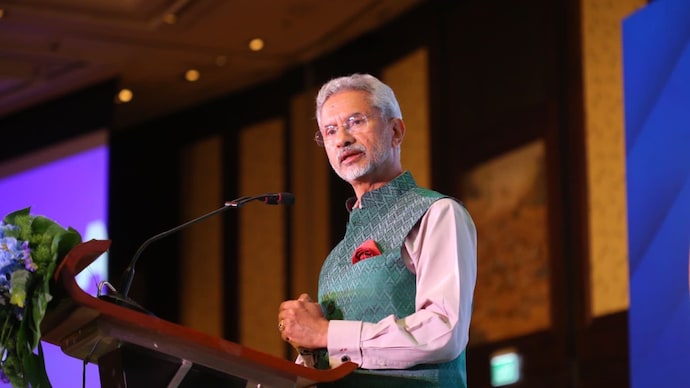
The India-Myanmar-Thailand Trilateral Highway, which stretches over 1,300 kilometres, is one such initiative that promises to enhance connectivity and regional integration. Once completed, this highway will boost trade ties between Myanmar and Thailand and unlock the potential for growth in the travel and tourism sector. Furthermore, India has proposed extending the road to Cambodia, Laos, and Vietnam, further strengthening regional connectivity and cooperation.
Challenges and the Way Forward
Jaishankar highlighted the importance of expediting projects, particularly the India-Myanmar-Thailand trilateral highway, which has faced several challenges in recent times. The minister acknowledged the difficult situation in Myanmar and expressed the government’s commitment to finding ways to resume the project.
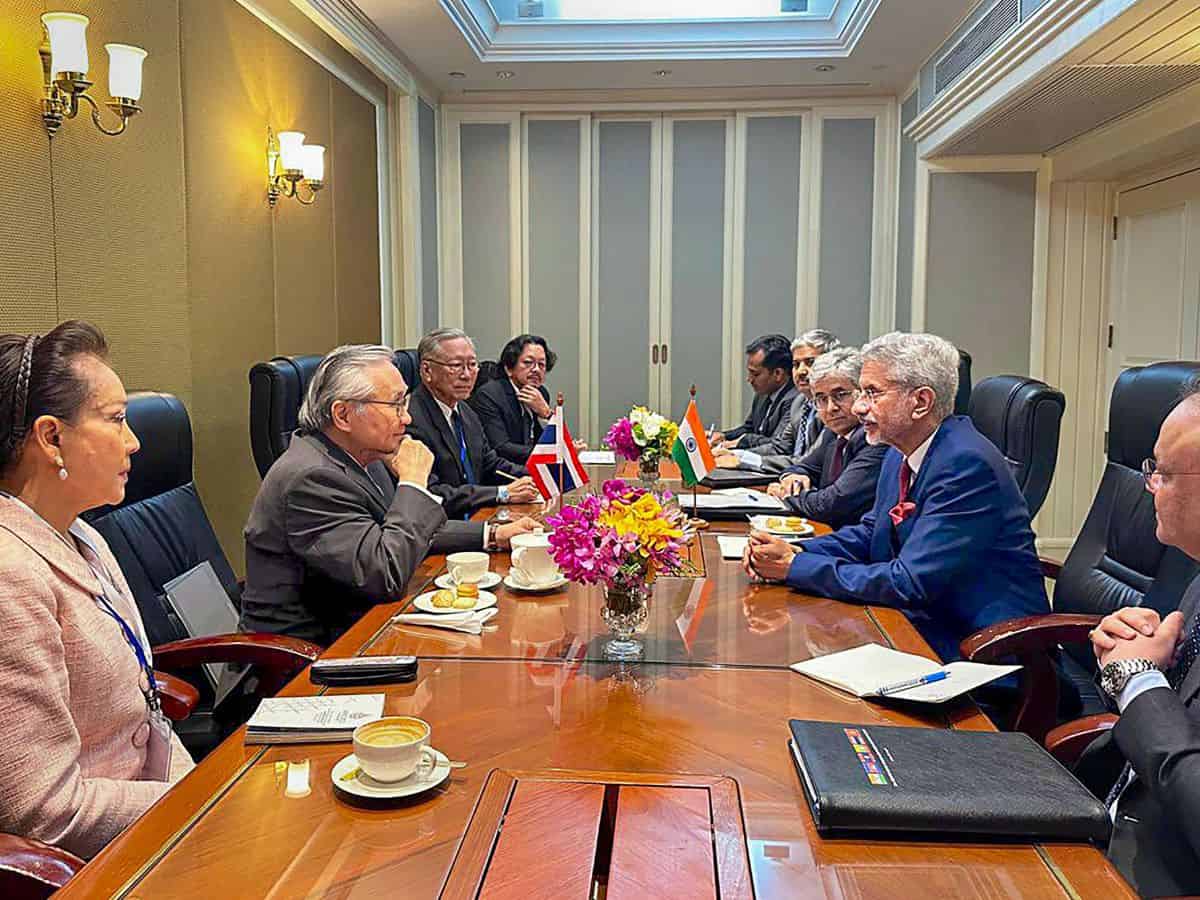
He emphasized the need to avoid actions that aggravate the situation and disturb peace and stability in the border areas. Additionally, concerns were raised about human and drug trafficking, emphasizing the need for stronger cooperation among relevant parties to combat these issues effectively.
India’s Concern for Myanmar’s Humanitarian Situation
As an immediate neighbour, India expressed its concern for the humanitarian situation in Myanmar. Jaishankar proposed people-centric initiatives aimed at addressing the pressing challenges faced by the country. India supports Myanmar’s democratic transition process and emphasizes the restoration of peace and stability. In this regard, India reaffirmed its commitment to closely coordinating policies with the Association of Southeast Asian Nations (ASEAN), underscoring the importance of a collaborative approach to address the situation in Myanmar.
A gathering involving Thailand’s Deputy Prime Minister and S. Jaishankar
In addition to his discussions with Myanmar’s foreign minister, Jaishankar also met with Don Pramudwinai, the Deputy Prime Minister and Foreign Minister of Thailand.
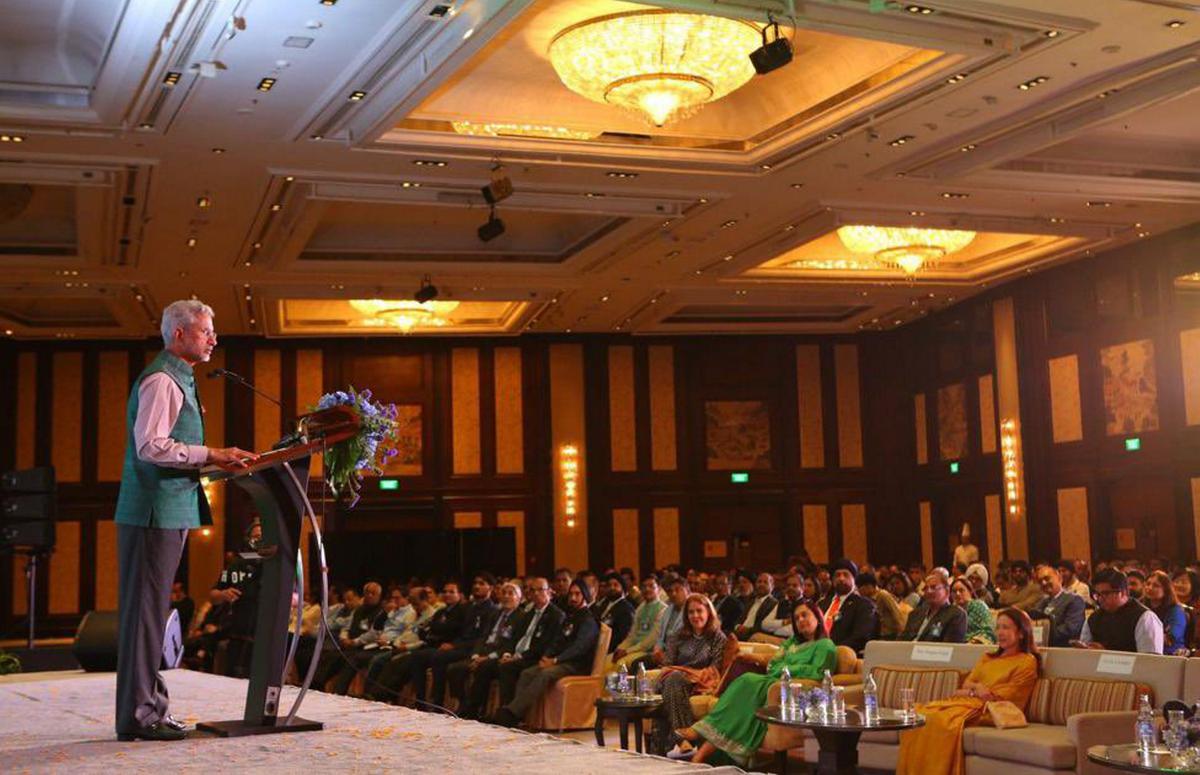
Building on previous conversations held in Jakarta, the meeting furthered discussions on connectivity initiatives and focused on the Mekong Ganga Cooperation (MGC) meeting. This engagement highlighted the commitment to deepen regional cooperation and foster multifaceted collaboration among the countries in the Bay of Bengal region.
Strengthening Regional Cooperation: Mekong Ganga Cooperation and BIMSTEC
The encounter between Jaishankar and Than Swe occurred during the Mekong Ganga Cooperation (MGC) Mechanism gathering in Bangkok. The MGC, which operates under the influence of India’s Act East Policy, is among the earliest mechanisms established in the lower Mekong area.
Mechanism meeting in Bangkok. One of the oldest mechanisms Connectivity initiatives discussed during the bilateral meeting would also be a focal point at the MGC meeting. Additionally, Jaishankar met with Deputy Prime Minister and Foreign Minister of Thailand, Don Pramudwinai, to continue conversations from Jakarta and further discuss the MGC meeting.
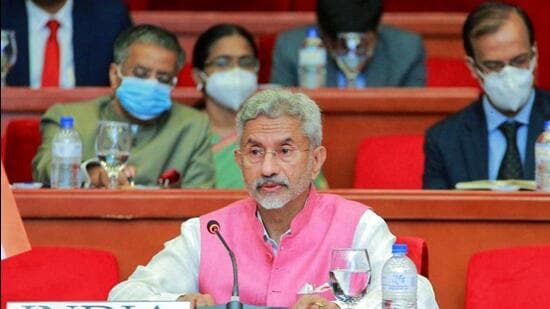
Moreover, Jaishankar is scheduled to attend the Bay of Bengal Initiative for Multi-Sectoral Technical and Economic Cooperation (BIMSTEC) Foreign Ministers’ Retreat. BIMSTEC aims to enhance economic and technical cooperation among countries in the Bay of Bengal region.
The meeting between External Affairs Minister S. Jaishankar and Myanmar’s counterpart, Than Swe, exemplified India’s commitment to regional connectivity and cooperation. The discussions primarily centred around the India-Myanmar-Thailand trilateral highway, which holds immense potential for enhancing trade, tourism, and regional integration. The challenges faced by the project were acknowledged, and a strong emphasis was placed on ensuring peace and stability in the border areas. Furthermore, India expressed concerns about the humanitarian situation in Myanmar and proposed people-centric initiatives to address the pressing challenges. Intending to foster deeper cooperation, India continues to engage with its regional partners to strengthen connectivity and promote stability in the region.







